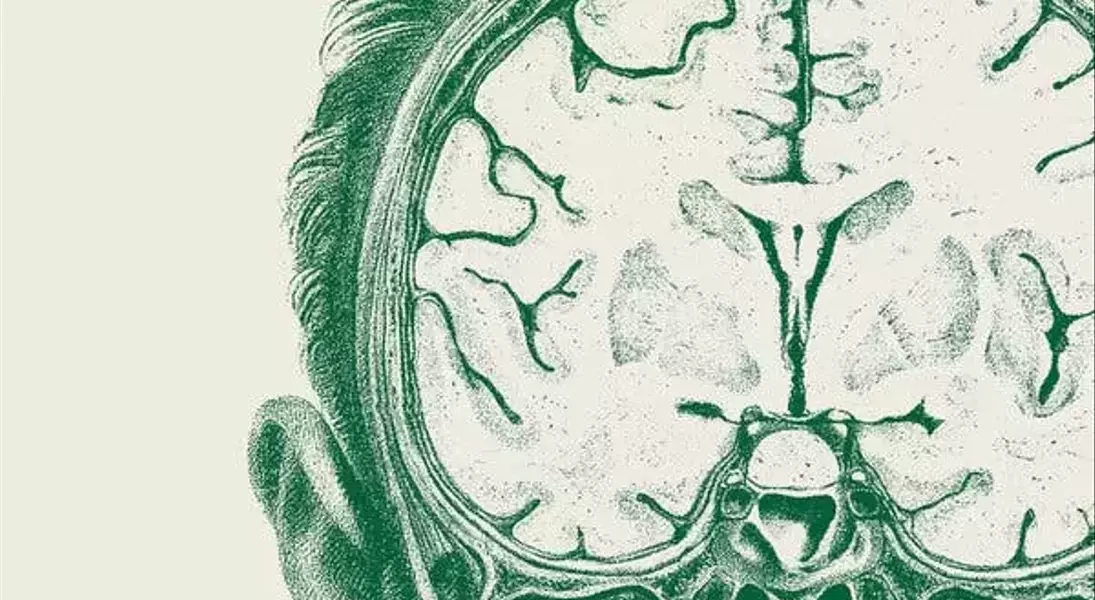
This report delves into a crucial discussion regarding the integration of artificial intelligence within university settings, examining its implications for teaching, learning, and the cultivation of critical thought. Experts weigh in on the challenges and opportunities presented by AI, highlighting the necessity for a nuanced approach that prioritizes genuine intellectual development over technological convenience. The consensus points towards a future where human educators become even more indispensable in guiding students through a complex information landscape, fostering deeper understanding, and preserving the social and emotional aspects inherent in the learning journey.
Insightful Debates on AI in Academia Unfold on a Renowned Platform
In a recent enlightening dialogue, hosted by The New York Times Opinion section, prominent figures convened to dissect the profound influence of artificial intelligence on higher education. New York Times Opinion editor Meher Ahmad moderated a panel featuring the insightful writer Jessica Grose and the distinguished columnist Tressie McMillan Cottom, a sociology professor at the University of North Carolina at Chapel Hill. The discussion, held as colleges prepared for a new academic year, centered on the pervasive use of generative AI tools like ChatGPT and Gemini by students, and its potential erosion of critical thinking skills.
During the conversation, an informal poll gauged the panel's sentiment regarding AI's classroom utility, with both Grose and McMillan Cottom expressing a cautious outlook, rating its benefit at a mere two out of ten. Professor McMillan Cottom notably characterized generative AI as "mid tech," asserting that its supposed revolutionary nature is often overstated when viewed through a historical lens of educational technology. She argued that while much hype surrounds AI's transformative potential, it often lacks demonstrable links to improved learning outcomes or sufficient assessment of risks to student privacy and cognitive development. Her critique underscored that AI, in many instances, merely averages mid-range responses to prompts, failing to offer genuinely novel or deeply considered insights, unlike the robust, relational process of human learning.
Echoing these sentiments, Jessica Grose emphasized that while AI might offer some practical applications in fields like medical research due to its pattern recognition capabilities, its utility within the humanities remains severely limited. She articulated a concern that relying on AI for tasks like summarizing texts bypasses the essential cognitive process of a reader determining what is truly significant, thereby hindering the development of independent thought and deep analytical engagement. Both experts highlighted that AI-generated content, despite its appearance of authority, lacks the inherent trust associated with human-derived information, which is crucial for authentic learning.
Professors, rather than outright banning AI, are creatively adapting their pedagogical approaches. For instance, a professor at Beloit College, as noted by Grose, redesigned a course around Ursula K. Le Guin's novel "The Dispossessed," requiring students to facilitate community discussions at local libraries and senior centers. This innovative method fostered social engagement and practical skill development, moving beyond conventional assignments that might be susceptible to AI shortcuts. Similarly, Professor McMillan Cottom incorporates AI into her curriculum as an object of critique, prompting students to investigate their data rights and the ethical implications of AI's data collection. This approach encourages students to critically examine the technology itself, rather than passively accepting its pervasive use.
The dialogue also touched upon the generational divide in AI perception. While younger students, particularly Gen Z, may be drawn to AI by anxieties about job markets and the perceived coolness of technology, some express a strong pride in their own creative work, shunning AI as a means to outsource thinking. Both experts concurred that society, rather than placing the burden of resistance solely on students, bears the responsibility to establish clearer guardrails and regulations for AI use in educational contexts. They advocated for democratic oversight and student-centric system design, moving beyond the current landscape where rapid adoption often overshadows thorough evaluation of efficacy and potential harm. The conversation concluded with a powerful call for renewed investment in human educators and a re-emphasis on the intrinsic value of human ingenuity and relational learning, ensuring that education remains a deeply human endeavor.
This critical discourse on artificial intelligence in education compels us to re-evaluate the fundamental purposes of learning and the evolving role of educators. It serves as a potent reminder that while technological advancements offer new tools, the core human elements of critical inquiry, empathetic engagement, and the nuanced process of knowledge acquisition remain irreplaceable. As we move forward, fostering a collaborative environment where technology augments rather than supplants human intellectual development will be paramount, demanding careful consideration, ethical deliberation, and robust regulatory frameworks to shape a future where learning thrives in its fullest, most human form.
